 Today ResearchGate informed us that our 2010 paper ‘Women’s autonomy in household decision-making: A demographic study in Nepal‘ [1] has been read 5,000 times. This academic paper published in the international journal Reproductive Health is Open Access, hence available to anybody globally with internet access. The study explored the links between women’s household position in Nepal and their autonomy in decision making. Using existing data (n = 8,257) from the Nepal Demographic Health Survey (NDHS) 2006 we (Dr. Pramod Regmi and Prof. Edwin van Teijlingen with colleagues from other UK universities) focused on four types of household decision making: (1) women’s own health care; (2) making major household purchases; (3) making purchase for daily household needs; and (4) visits to her family or relatives.
Today ResearchGate informed us that our 2010 paper ‘Women’s autonomy in household decision-making: A demographic study in Nepal‘ [1] has been read 5,000 times. This academic paper published in the international journal Reproductive Health is Open Access, hence available to anybody globally with internet access. The study explored the links between women’s household position in Nepal and their autonomy in decision making. Using existing data (n = 8,257) from the Nepal Demographic Health Survey (NDHS) 2006 we (Dr. Pramod Regmi and Prof. Edwin van Teijlingen with colleagues from other UK universities) focused on four types of household decision making: (1) women’s own health care; (2) making major household purchases; (3) making purchase for daily household needs; and (4) visits to her family or relatives. 
We found that women’s autonomy in decision making is positively associated with their age, employment and number of living children. Women from rural area and Terai region (the southern part of Nepal bordering India) have less autonomy in decision making in all four types of outcome measure. There is a mixed variation in women’s autonomy in the development region across all outcome measures. Western women are more likely to make decision in own health care (1.2-1.6), while they are less likely to purchase daily household needs (0.6-0.9). Women’s increased education is positively associated with autonomy in own health care decision making (p < 0.01), however their more schooling (school-leaving certificate and above) shows non-significance with other outcome measures. Interestingly, rich women are less likely to have autonomy to make decision in own healthcare.

Reference:
- Acharya, D.R., Bell, J.S., Simkhada, P., van Teijlingen, E., Regmi, P. (2010) Women’s autonomy in household decision-making: a demographic study in Nepal. Reproductive Health 7, 15 https://doi.org/10.1186/1742-4755-7-15
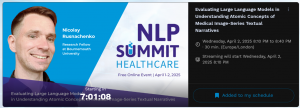


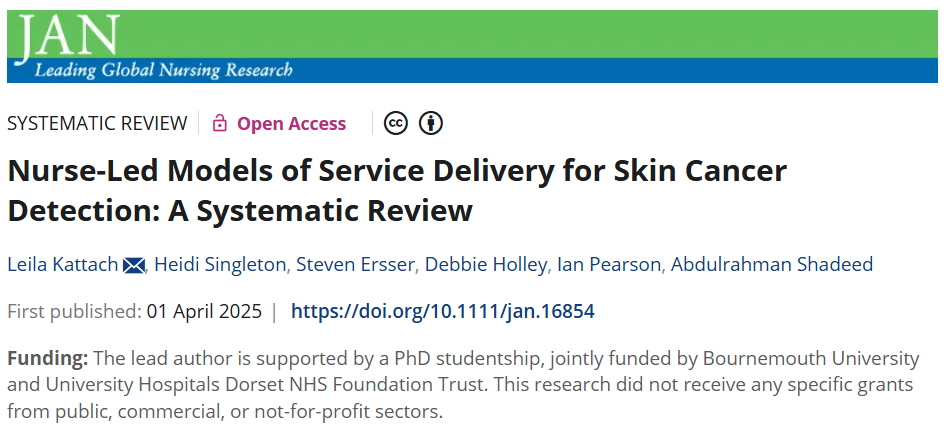

 Online information session
Online information session
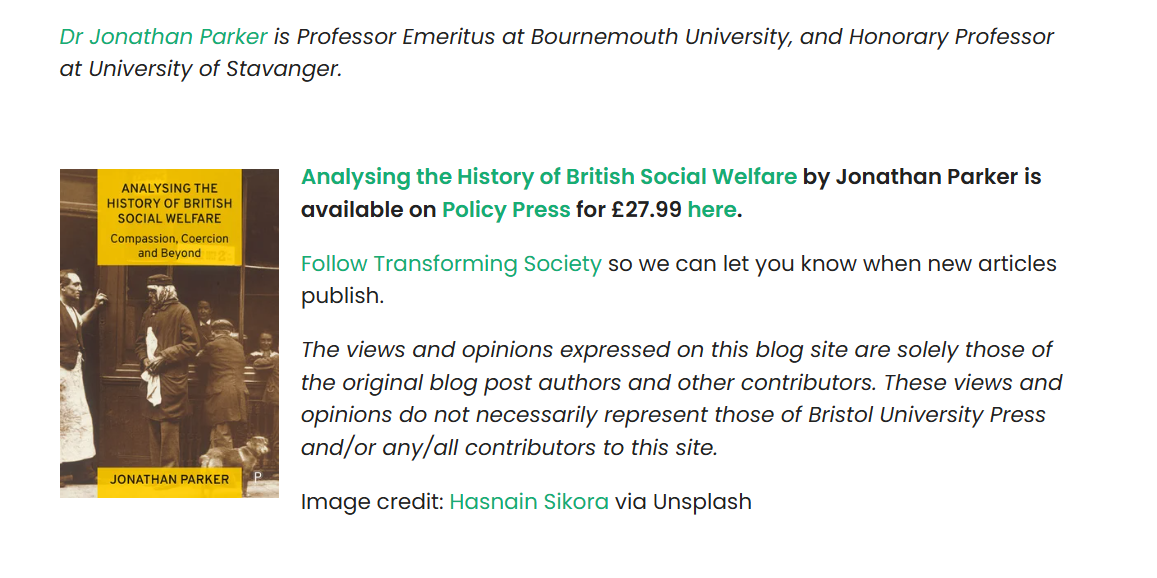
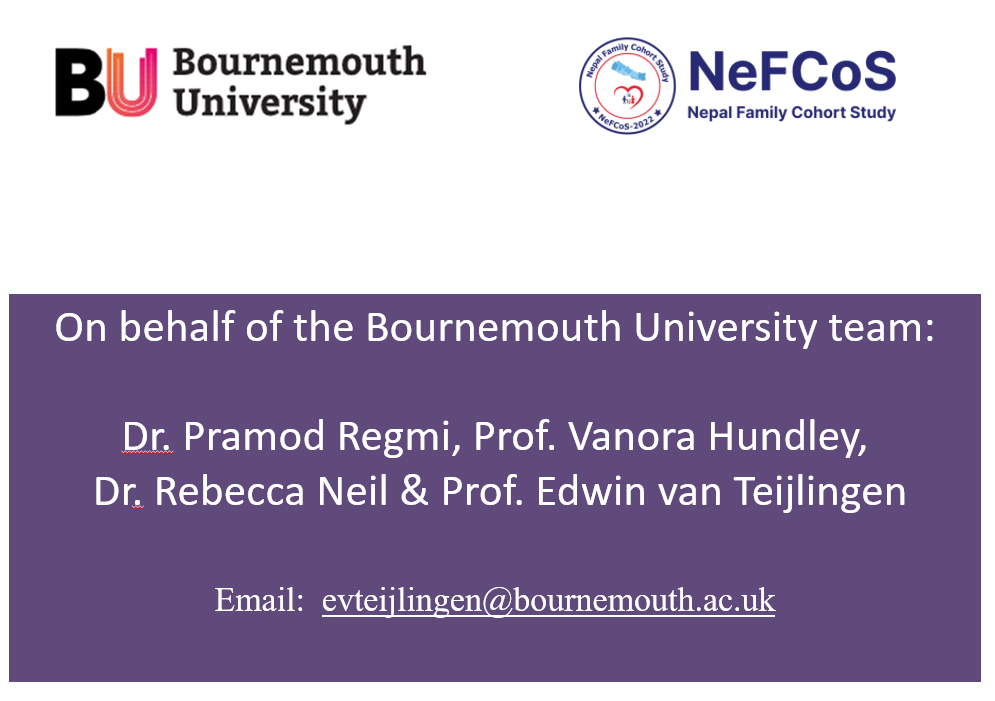
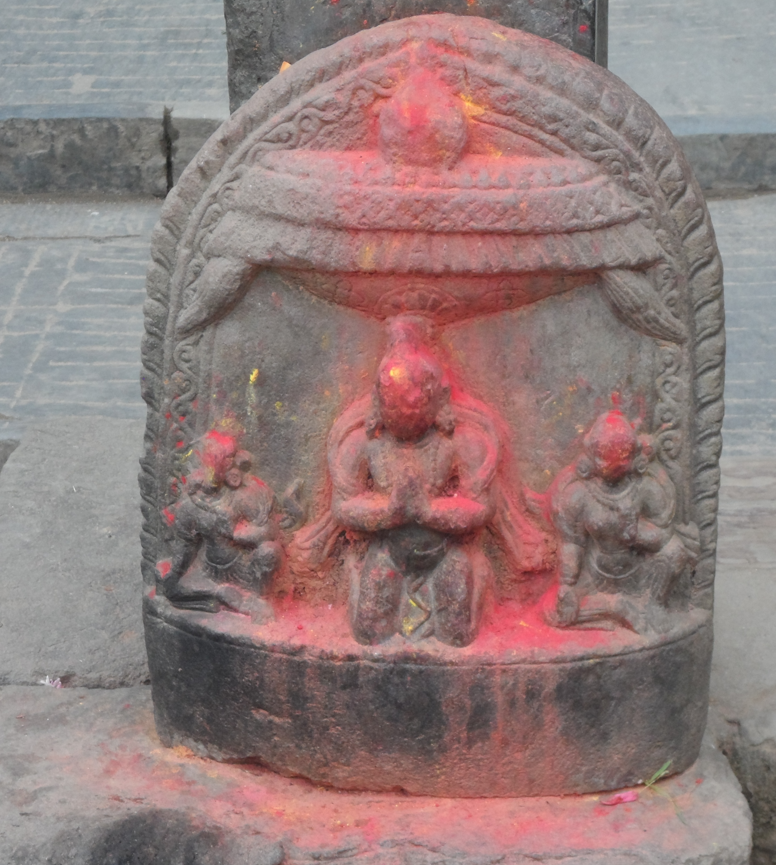
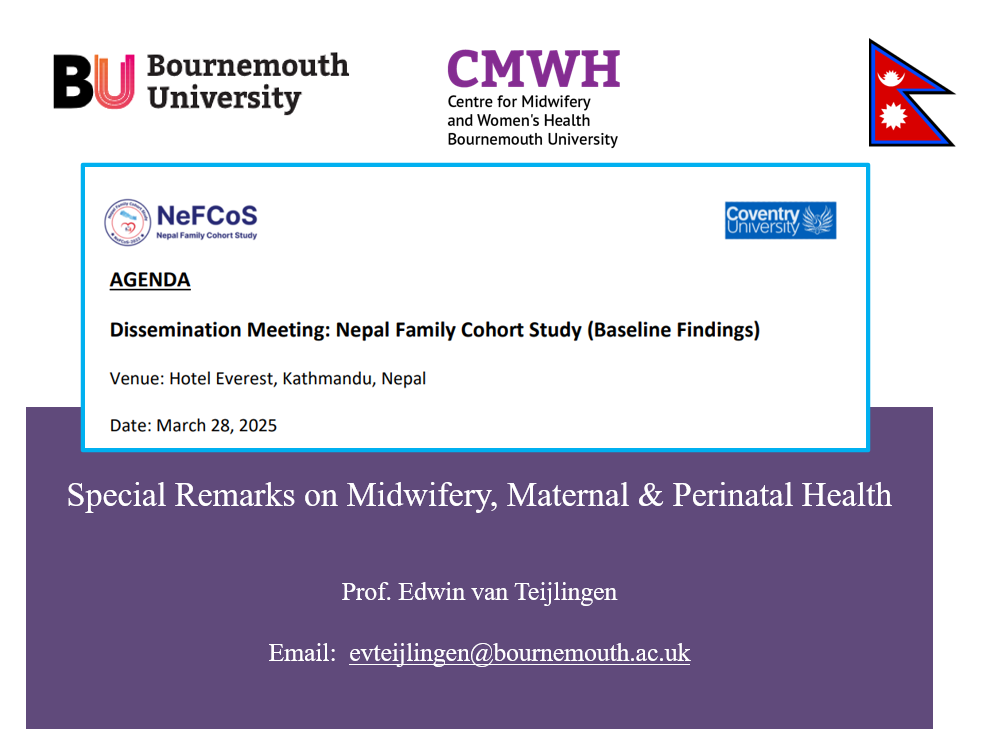
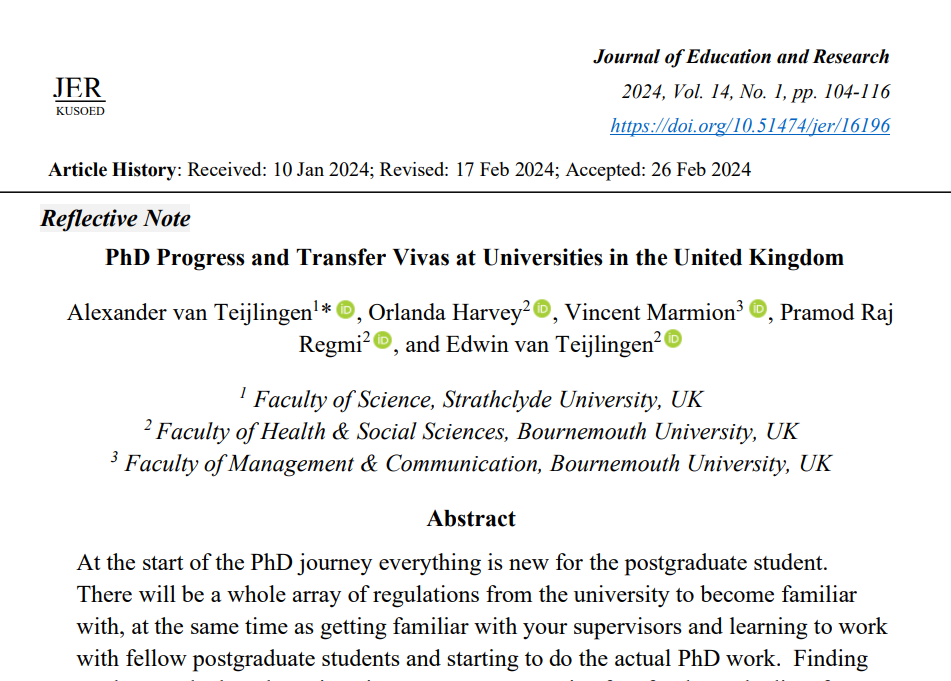
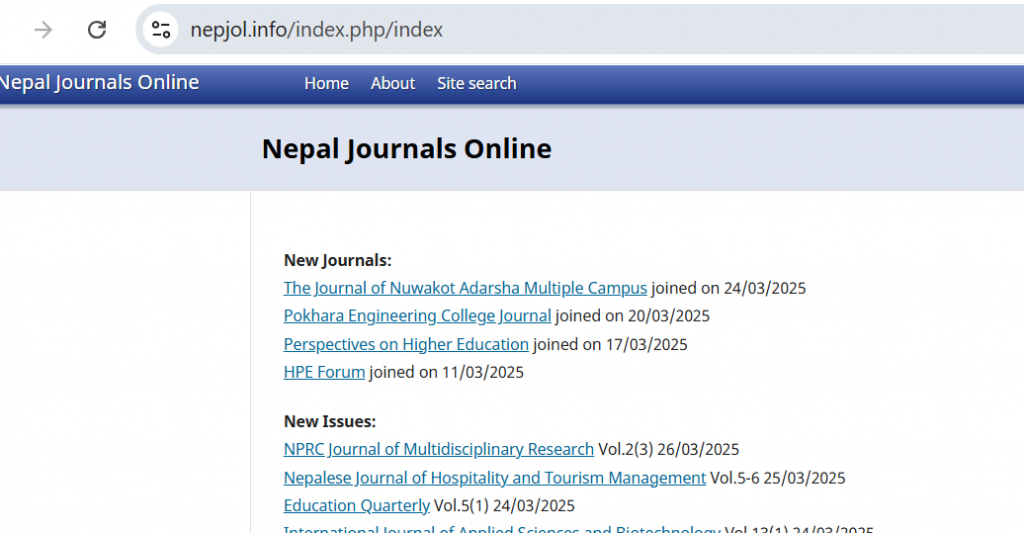




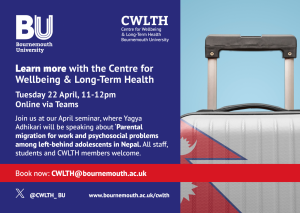
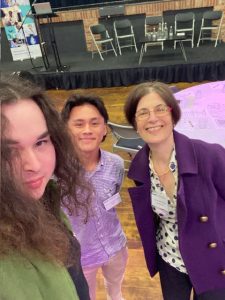

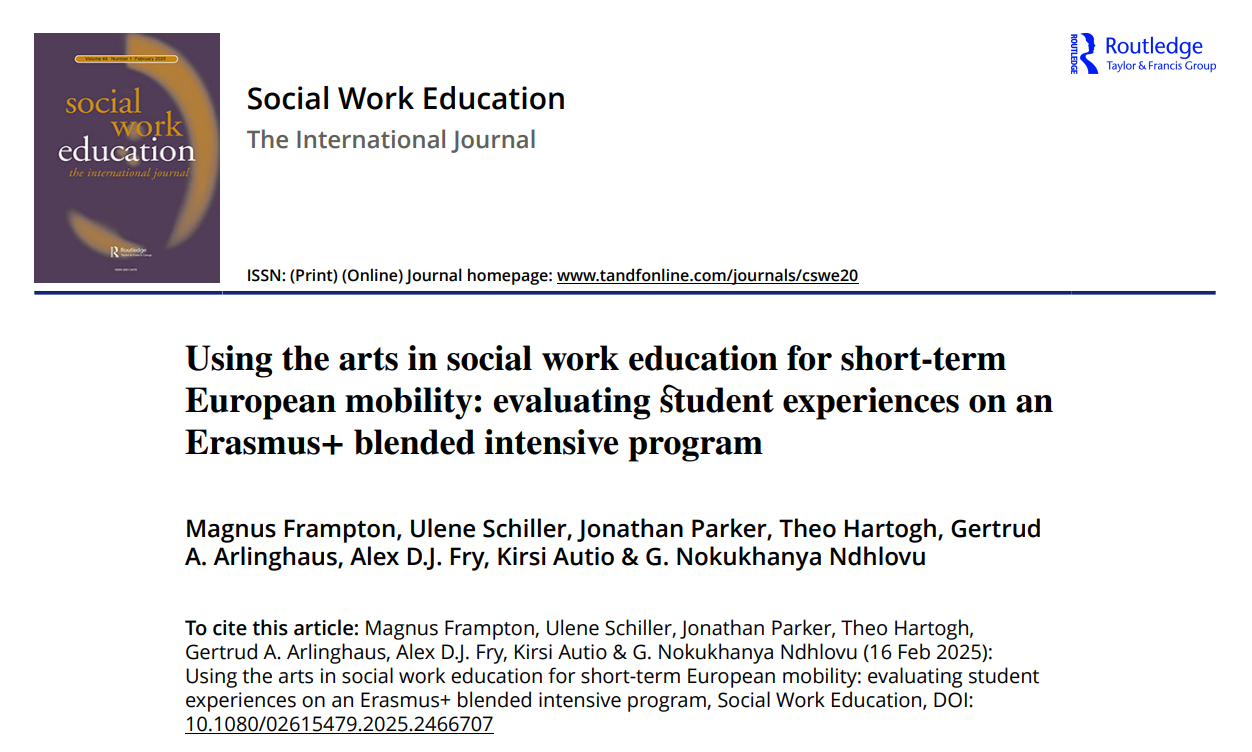
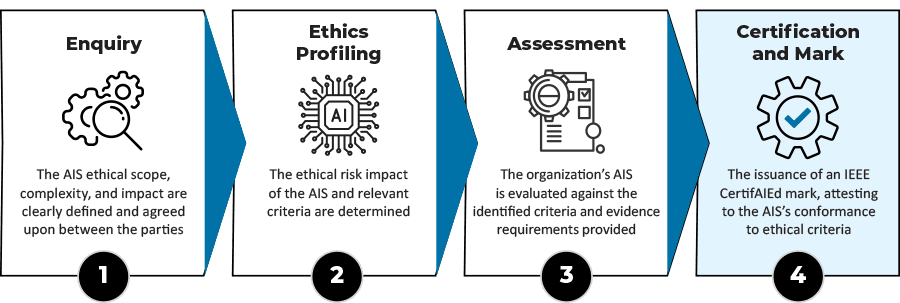
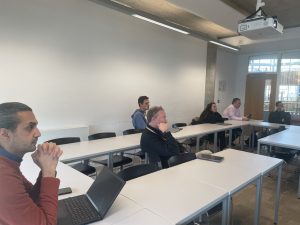
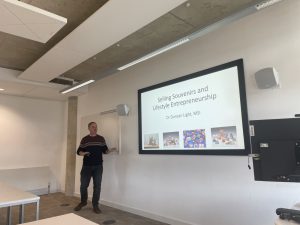
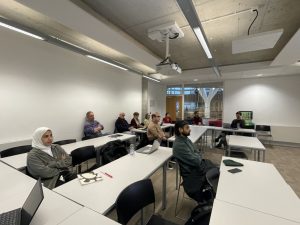
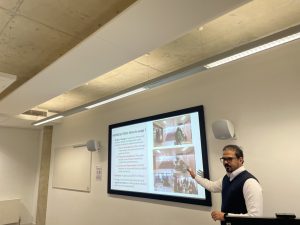
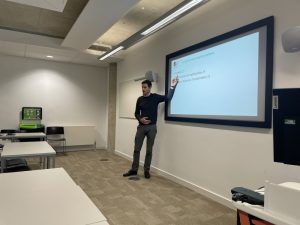
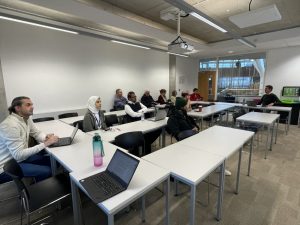
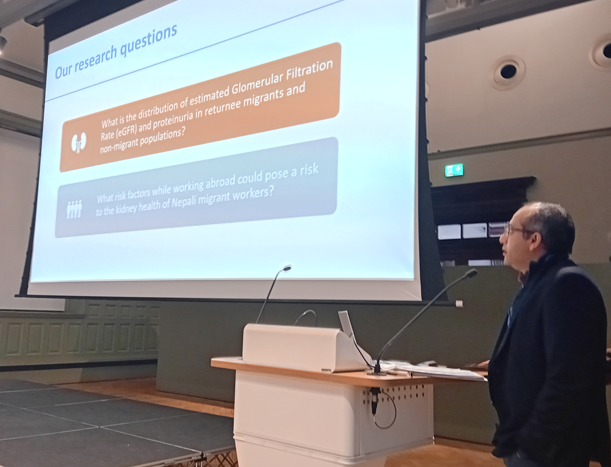
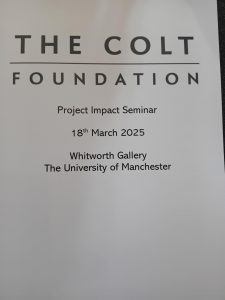
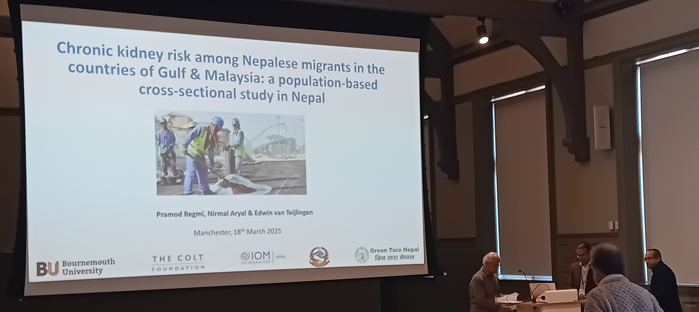












 BU attendance at third annual GCPHR meeting in June
BU attendance at third annual GCPHR meeting in June Interactive Tangible and Intangible Heritage Applications – BU student work featured in new book chapter
Interactive Tangible and Intangible Heritage Applications – BU student work featured in new book chapter Second NIHR MIHERC meeting in Bournemouth this week
Second NIHR MIHERC meeting in Bournemouth this week MSCA Postdoctoral Fellowships 2025 Call
MSCA Postdoctoral Fellowships 2025 Call ERC Advanced Grant 2025 Webinar
ERC Advanced Grant 2025 Webinar Horizon Europe Work Programme 2025 Published
Horizon Europe Work Programme 2025 Published Horizon Europe 2025 Work Programme pre-Published
Horizon Europe 2025 Work Programme pre-Published Update on UKRO services
Update on UKRO services European research project exploring use of ‘virtual twins’ to better manage metabolic associated fatty liver disease
European research project exploring use of ‘virtual twins’ to better manage metabolic associated fatty liver disease